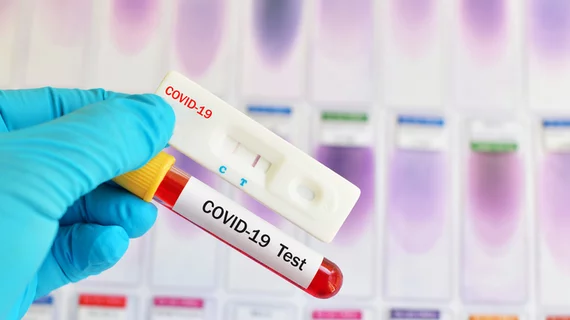American Heart Association dedicates another $2M to COVID-19 research
The American Heart Association (AHA) has awarded researchers $1.2 million in grants to study how COVID-19 affects a person’s cardiovascular and cerebrovascular systems. The announcement comes less than a month after the AHA urged specialists to send in proposals.
“We were just blown away and so impressed to see this level of interest and commitment from the teams submitting such thorough proposals so quickly—our submission deadline was less than two weeks,” Robert A. Harrington, MD, AHA president and chair of the department of medicine at Stanford University, said in a statement. “Once those responses started coming in, we were yet again amazed as over 150 of our volunteers stepped up immediately to offer to review these proposals and got those reviews completed in less than 10 days. What a testament to our researcher community being so ready to activate in these extraordinary times, it’s just very gratifying and humbling.”
Grants were awarded to teams at Columbia University Irving Medical Center, Harvard Medical School, Kaiser Permanente Southern California, Massachusetts General Hospital, Mayo Clinic, Stanford University, the University of California Los Angeles, University of California San Francisco, University of Colorado, University of Massachusetts and University of Nebraska Medical Center. Cleveland Clinic was selected to serve as the COVID-19 and Its Cardiovascular Impact Rapid Response Grant initiative’s COVID-19 Coordinating Center.
“Several of these studies focus on disparity and underserved populations and many with pre-existing conditions and that’s critical because we’re seeing these people coming in sicker and getting sicker faster from the complications of COVID-19 and we need to understand what’s causing that and how we can help them,” Harrington said. “There’s so much we don’t know about this unique coronavirus and we continue to see emerging complications affecting both heart and brain health for which we desperately need answers and we need them quickly.”
According to the same statement, the AHA is also contributing another $800,000 to fund short-term research projects related to COVID-19 at Cincinnati Children’s Hospital, the Johns Hopkins University, Stanford University and the University of Michigan.

